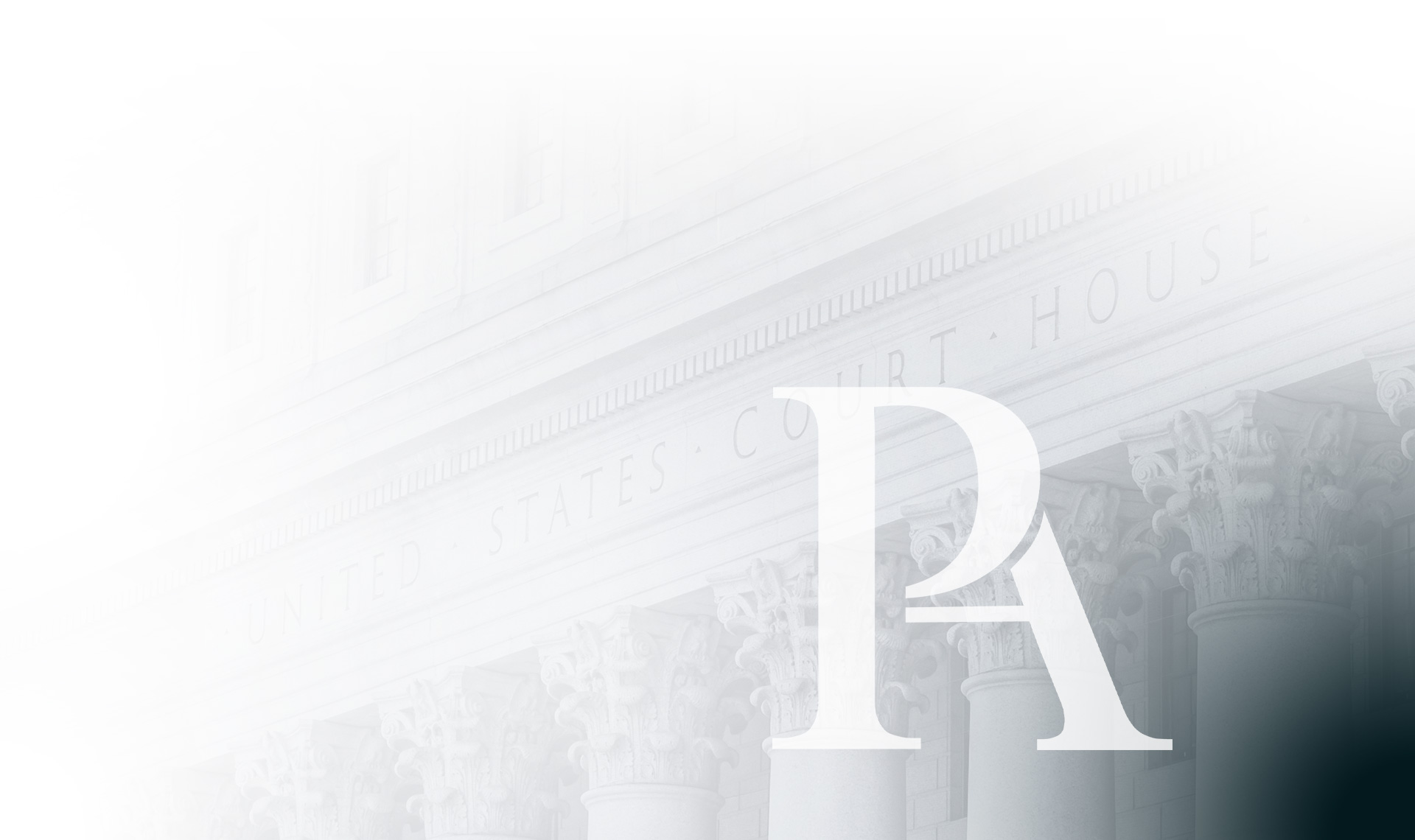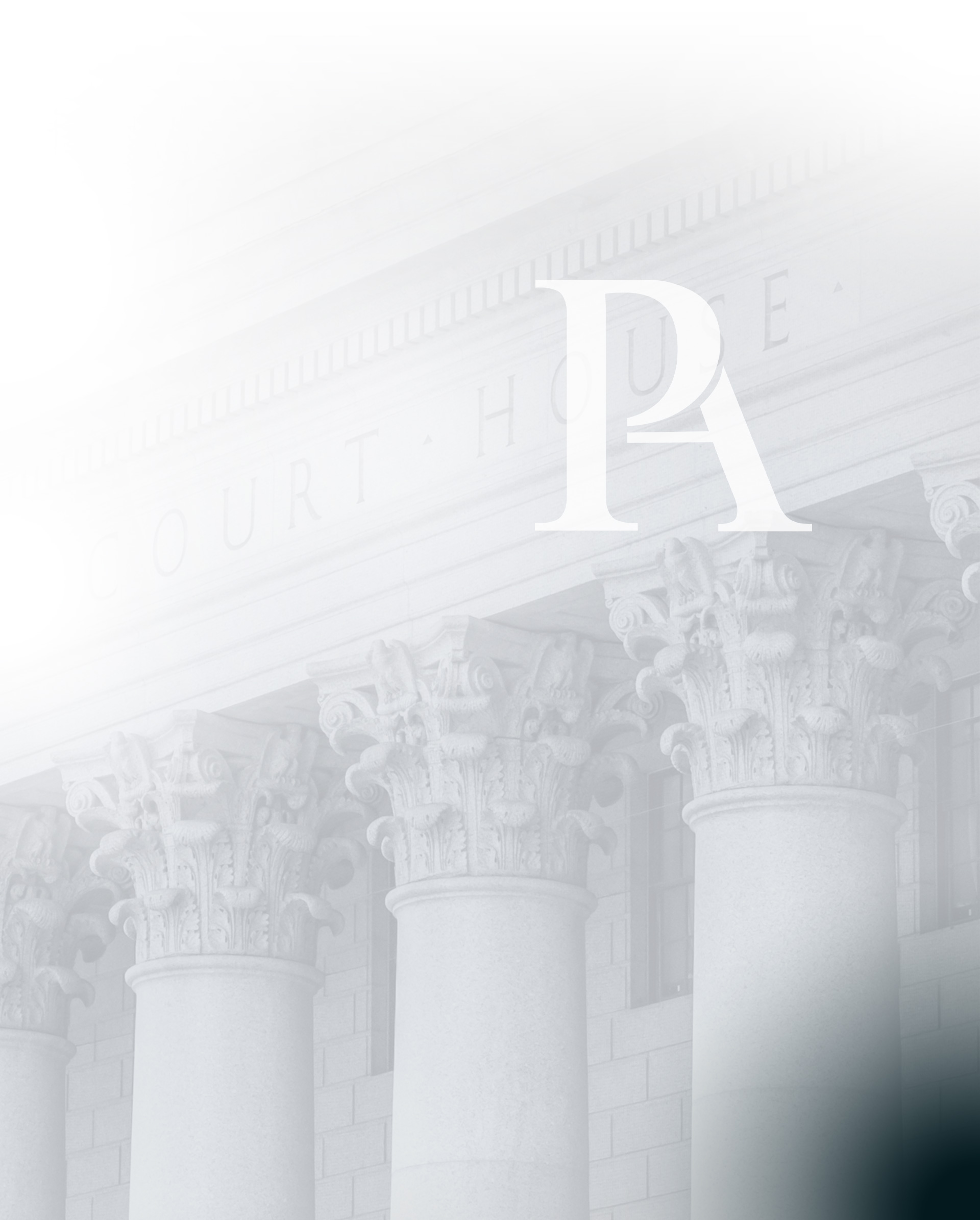Examples of Sexual Harassment in Washington, DC Workplaces
You may be the victim of workplace sexual harassment if you experience:
- Frequent and inappropriate comments regarding your appearance
- Sexually suggestive messages, emails, or instant communications
- Inquiries about your sex life, personal history, or relationships
- Being told about others’ sexual experiences in a way that makes you uncomfortable
- Sexual jokes or remarks targeted at you regularly
- Unwanted hugs, kisses, or physical contact in your workplace
- Being the subject of sexual rumors, gossip, or slander
- Persistent sexist comments or jokes
Early recognition of these behaviors gives employees time to protect themselves and the workplace as a whole. Many workers hesitate to report sexual harassment due to concerns that their complaints will not be taken seriously or may be dismissed as harmless. In reality, every action listed above can contribute to an illegal work environment.
Our Washington, DC, sexual harassment lawyers at Pitre & Associates, LLC, help clients build strong evidence, supporting their stories with comprehensive documentation and a thorough understanding of legal standards. We make sure that your case receives the attention and advocacy you deserve under both local and federal law.
Who Can Commit Sexual Harassment?
Anyone in the workplace can be a perpetrator of sexual harassment—not just supervisors. This may include co-workers, clients, vendors, or even non-employees. Importantly, U.S. and DC law recognize that the harasser does not have to be of the opposite sex. Employees in Washington, DC, benefit from some of the strongest legal protections, with employers bearing liability if they are aware (or should have been aware) of harassment and do not act.
Furthermore, under D.C. law, businesses can be held responsible for harassment committed by individuals who are not formal employees—but whose actions impact the environment. Situations involving government, public contract, or nonprofit workplaces can present additional challenges, so having an experienced sexual harassment attorney in Washington, DC, on your side is vital to holding your employer accountable and ensuring that your rights are protected in complex organizational settings.
For instance, if a vendor, customer, or client in Washington, DC, creates a hostile work environment and the employer fails to intervene, you may have a strong claim. If you are unsure about your circumstances, our Washington, DC, sexual harassment lawyers can evaluate your case and help you determine the best course of action, tailored to your unique employment context.
Unaddressed harassment often escalates, fostering a culture where inappropriate behavior may become normalized. Raising your concerns and documenting incidents is essential to halting this cycle and protecting not only your rights but the well-being of your entire workplace.
Steps to Take If You Experience Workplace Sexual Harassment in Washington, DC
Knowing what actions to take after experiencing sexual harassment can preserve your rights and strengthen your case. In Washington, DC, following your employer's policies for internal complaints is crucial, as is gathering your own evidence—emails, contemporaneous notes, and witness names are often invaluable should your case move forward.
If you are being harassed at work, act promptly. D.C. law does not require you to endure prolonged or escalating conduct. Early consultation with a knowledgeable sexual harassment attorney in Washington, DC, can clarify your options, establish timelines, and maximize your potential remedies, which may include back pay, reinstatement, or other damages. Government, union, and nonprofit workplaces may have unique reporting channels or deadlines, so our legal team at Pitre & Associates will clarify the specific process for your employment situation and ensure that your complaint gets the attention and respect it deserves.
Key steps include:
- Document the harassment – Keep records of dates, times, locations, and any witnesses. Save emails, text messages, or other evidence whenever possible.
- Report the misconduct – Follow your employer’s procedures to notify HR or a supervisor. Put complaints in writing and keep copies.
- File a complaint with the EEOC or DCOHR – If your employer fails to act, you may need to file a claim with the Equal Employment Opportunity Commission (EEOC) or the DC Office of Human Rights (DCOHR).
- Consult a sexual harassment attorney in Washington, DC – A trusted lawyer can explain your rights, help you avoid retaliation, and pursue legal action as needed.
Each step not only protects your interests, but also communicates the seriousness of the issue. The legal team at Pitre & Associates supports you through every stage, from preparing a compelling complaint to navigating investigations and hearings. Taking timely action and following through on documented steps is vital for success in both agency and court processes.
How Employers Should Handle Sexual Harassment Complaints
Employers in Washington, DC, and surrounding areas have a legal obligation to maintain a safe, harassment-free workplace. This includes:
- Establishing clear anti-harassment policies and regular employee training
- Treating all complaints with urgency and conducting impartial investigations
- Implementing safeguards to prevent retaliation against employees who report
- Imposing corrective action on harassers, including termination when necessary
Employers who do not meet their obligations can be held legally responsible under D.C. and federal law. Proactive employers not only comply with regulations but also support overall productivity and job satisfaction by fostering a respectful environment.
Maintaining transparent complaint processes and offering regular anti-harassment education encourages employees to voice concerns early. In the District, businesses that prioritize respectful, inclusive workplaces limit their risk of legal action and contribute to a healthier workforce culture.
How Compensation Is Determined in DC Sexual Harassment Cases
Victims of workplace sexual harassment in Washington, DC, may be entitled to multiple forms of compensation, including:
- Lost wages from demotion, termination, or missed promotions
- Damages for emotional distress, anxiety, depression, or post-traumatic stress
- Punitive damages for egregious or repeat violations
- Recovery of legal fees or court costs as allowed under D.C. and federal statutes
Every case is unique, so the level of compensation can vary depending on the severity of the conduct and the resulting impact on your career and quality of life. Compensation is designed to provide financial security, heal emotional harm, and hold employers and perpetrators accountable. Our attorneys analyze each claim from every angle, ensuring that settlements and verdicts seek to restore not just financial balance but also a sense of justice and well-being for the victim.
Retaliation for Reporting Sexual Harassment in Washington, DC
Retaliating against an employee for reporting sexual harassment is strictly prohibited under D.C. and federal law. You cannot be fired, demoted, subjected to hostile or unfair working conditions, or otherwise penalized for standing up for your rights. Employers are prohibited from retaliating against individuals who file claims or participate in investigations; additional claims may be available if you experience retaliation along with harassment. If you believe your employer has retaliated against you, our sexual harassment attorneys in Washington, DC will review all available remedies in your case.
Frequently Asked Questions (FAQ) – Washington, DC Sexual Harassment Law
Can Men Be Victims of Workplace Sexual Harassment?
Absolutely. Sexual harassment is not limited by gender. Men, women, and non-binary employees all have the right to safe, respectful workplaces in Washington, DC. Although most cases reported nationally involve women, men can also face harassment by colleagues or supervisors and often feel additional pressure to keep silent or endure the conduct. If you are a male, female, or non-binary victim of sexual harassment, federal and D.C. laws provide you with the same legal protections and entitlements.
What If the Harassment Happened Outside of Work but Involved a Co-Worker?
Washington, DC law makes clear that sexual harassment does not need to happen at the physical job site to be actionable. If a supervisor or colleague harasses you during a company event, offsite meeting, happy hour, or via messages on personal time, the conduct may still be considered workplace sexual harassment if it impacts your ability to work. Employers are required to investigate and remedy workplace harassment that occurs within work-related contexts inside or outside of the office.
Is Joking or Teasing Considered Sexual Harassment?
Some workplace jokes may be considered “harmless,” but when jokes, comments, or personal remarks are unwanted, repetitive, or create discomfort or fear, they can rise to the level of hostile environment harassment in Washington, DC. Even if a perpetrator claims they are only joking, if their conduct makes it hard for you to do your job, you may have a legal claim. Our lawyers can help you evaluate whether your circumstances meet legal thresholds for actionable harassment.
Can I File a Claim If I No Longer Work at the Company?
Yes. In Washington, DC, you do not have to still be employed by the company to bring a sexual harassment claim. Even if you resigned, were laid off, or were terminated, you retain the right to pursue action against your former employer. Keep in mind that strict deadlines—known as statutes of limitations—apply and typically begin with the last date of harassment or employment. Acting quickly protects your claim under local and federal law.
What If My Employer Has an Anti-Harassment Policy but Still Ignored My Complaint?
An anti-harassment policy alone does not absolve an employer of liability in Washington, DC. If a company’s leadership ignores, minimizes, or fails to remedy credible complaints, they may be held legally responsible for any resulting workplace harassment. Employers are obligated to thoroughly investigate and, where necessary, stop all prohibited conduct. Our attorneys can help you take the next step if your case is not taken seriously.
Can Independent Contractors File Sexual Harassment Claims in Washington, DC?
While independent contractors are not always covered by traditional employment protection statutes, Washington, DC, and some federal laws may provide redress under contract law or the D.C. Human Rights Act. If you faced harassment while working for a business or government entity in D.C., legal options may be available regardless of your employment category. Speaking with a sexual harassment attorney in Washington, DC will help clarify your rights based on your contract and workplace relationship.
What Should I Do If I Experience Workplace Discrimination?
If you face workplace discrimination—whether due to sex, race, age, disability, pregnancy, religion, sexual orientation, or national origin—document all incidents, dates, and witnesses. Report your experiences in writing to management or HR and retain copies. If your organization fails to act or you experience retaliation, you may have valid claims under D.C. and federal law. The legal team at Pitre & Associates, LLC, supports you through the full legal process, guiding you toward the justice and resolution you deserve.
Experiencing Sexual Harassment? Call Now.
If you have been the victim of workplace sexual harassment in Washington, DC, and want to know your rights, connect with Pitre & Associates, LLC today. Our Washington, DC, sexual harassment lawyers will review your circumstances, explain your legal options, and assist you in filing a complaint with the U.S. Equal Employment Opportunity Commission or the D.C. Office of Human Rights. Protecting your satisfaction and workplace safety is our priority. We are prepared to review all your legal options and pursue the maximum allowable compensation under District and federal law.
Know your rights and take action! Our experienced attorneys are ready to help. Contact us at (202) 759-6544 to discuss your case.




